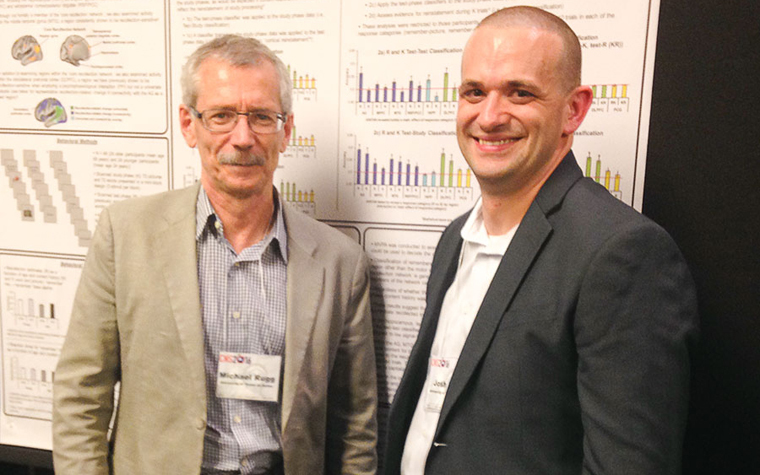A recent study from University of Texas at Dallas (UT Dallas) postdoctoral scientist Josh Koen and Center for Vital Longevity Director, Michael Rugg indicates that novel memory creation can affect past memories, the university announced this week.
The study was focused on bringing old memories to mind or reactivating these during the learning process. Both found that stronger memory reactivation decreased the likelihood of that memory being forgotten while learning new information.
A hypothesis in this area had indicated the possibility of a memory being more susceptible to changing or being eliminated if it was reactivated by a new experience. This study was carried out by analyzing the brain patterns of 19 adult volunteers.
While scanning, participants were shown words that were associated with certain tasks. These word were shown either once or twice to participants. They were later asked to recall what action was associated with the target word.
“The results from our study suggest that when aspects of an older memory are reactivated during new learning, perhaps even when we are not consciously aware that the memory was reactivated, it is less likely to suffer interference and be forgotten,” Koen said.
This study was published in the April edition of <i>Journal of Neuroscience</i>.


 Alerts Sign-up
Alerts Sign-up